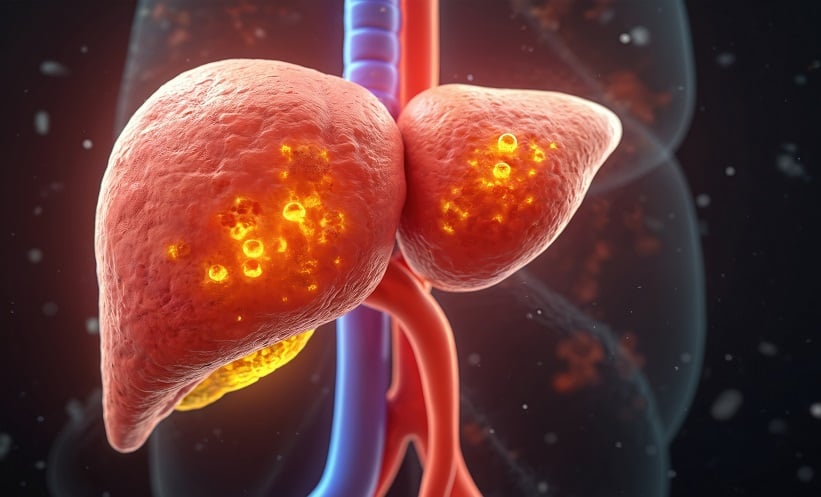A new study has found that while comorbid conditions are often factored into cancer prognoses, it is older age, rather than overall comorbidity burden, that is most strongly linked to poorer survival outcomes in patients with hepatocellular carcinoma (HCC), the most common form of liver cancer.
Study Overview
Researchers conducted a retrospective analysis of 2,002 patients diagnosed with HCC across two major health systems between January 2010 and February 2023. The median age of participants was 61, and the majority were male (76%). Only 21% presented with early-stage disease, and the median overall survival across the cohort was just 15.7 months.
The team used multivariable logistic regression and Cox proportional hazards models to assess how age and comorbidity, measured by the Charlson Comorbidity Index, affected patients’ likelihood of early-stage diagnosis, receipt of curative treatment, and survival. They discovered that curative treatment was more likely in patients with higher comorbidity, but not necessarily in older individuals—a finding that challenges assumptions about how these factors interact in clinical decision-making.
Findings Highlight Age as Key Prognostic Factor
When it came to survival, however, age proved decisive. Patients aged 65 or older had worse overall survival during the study period compared to their younger counterparts (hazard ratio [HR], 1.25; 95% confidence interval [CI], 1.06–1.47). In contrast, comorbidity burden showed no significant relationship with mortality (HR, 0.92; 95% CI, 0.77–1.09).
Even within subgroups of patients with early-stage cancer or those undergoing potentially curative therapy, older age remained a strong predictor of worse outcomes. Among individuals with early-stage HCC, older patients had worser survival rates (HR, 1.99; 95% CI, 1.45–2.73). A similar pattern was seen in those receiving curative treatment (HR, 1.52; 95% CI, 1.10–2.10). Median survival times reflected this gap: 20 versus 14 months overall for younger vs. older patients, 65 versus 49 months for early-stage disease, and 113 versus 60 months for those receiving curative interventions.
Implications for Liver Cancer Prognosis and Care
The authors conclude that while comorbidity remains important for treatment planning, age plays a more dominant role in determining survival among HCC patients. They call for further research to refine prognostic tools and screening criteria that can better account for the interplay of aging and liver cancer progression.
Reference
Kanneganti M et al. Older age but not comorbidity is associated with worse survival in patients with hepatocellular carcinoma. Clinical Gastroenterology and Hepatology. 2025;23(8):1377-86.








